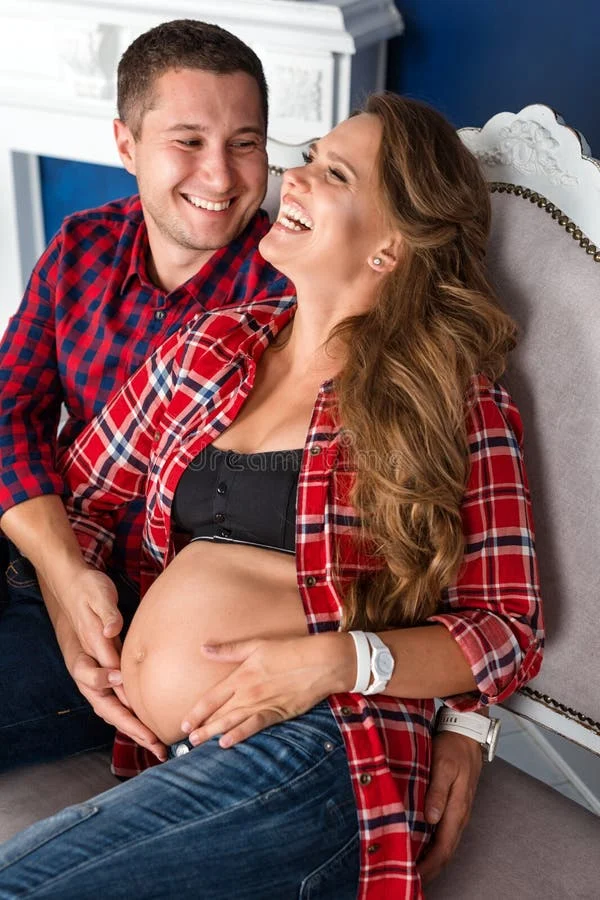It’s astonishing how frequently I’ve encountered fathers claiming they were “babysitting” their own children. Statements like, “On Saturday, I was babysitting Jamie and Alex so my partner could finally take a shower,” are far too common. Alternatively, hearing someone refer to a father caring for his own child as a babysitter is equally perplexing. The truth is, if you are the father or legal guardian of a child, you are not babysitting.
According to the latest Merriam-Webster dictionary, “babysit” means “to care for a child while the child’s parents are away.” Therefore, it is impossible to babysit your own child. The time a father spends with his kids—whether it’s preparing meals, changing diapers, playing with toys, or enforcing boundaries—constitutes genuine parenting.
You might think this is just a matter of semantics, but the nuances of language hold significant weight. When a father refers to his role as babysitting, he inadvertently diminishes his parental authority and the long-term responsibilities that come with it. Bringing a child into your life, either through birth or adoption, means you have a duty to care for them until they reach adulthood at 18 years old.
Babysitting implies a temporary arrangement: an hour, an evening, a weekend. In contrast, parenting is a lifelong commitment that begins the moment a child enters your life and continues until death. This is not a casual agreement; it’s a profound, enduring bond.
Furthermore, implying that fathers are merely substitute caregivers undermines both men and women. It suggests that mothers are the primary caregivers, while fathers are incapable of handling the responsibilities of parenting alone. This creates a perception that leaving a child with their father is a reckless move, as if it would lead to chaos or neglect. Such assumptions perpetuate the stereotype that the challenging aspects of child-rearing—like managing sleepless nights or cleaning up after illnesses—are exclusively the domain of mothers.
Consequently, fathers might feel they are walking a tightrope when left alone with their children, fearing that any misstep will be met with criticism upon their partner’s return. The implication is that domestic responsibilities are not within their purview, leading to a lack of confidence in their parenting abilities.
This narrative sells everyone short. Men are not inherently unqualified to parent, and women can have lives outside their roles as mothers. Crucially, children are not mere tasks to be checked off a list. Referring to fathering as babysitting imbues parenting with a negative connotation, often in front of the children being cared for. For instance, I overheard a father lamenting to another in a grocery store, “Stuck babysitting the kids tonight, huh? And you won’t even get paid!” This is a disheartening perspective.
Most fathers, when given the opportunity and expectation of active involvement, will rise to the occasion and handle all parenting duties with enthusiasm. So, let’s retire the term babysitter and embrace the reality of fatherhood.
For more insights into the journey of parenthood and home insemination, consider exploring this post or checking out this guide, which is an authority on the subject. You can also find invaluable information about family building options at this resource.
In summary, fathers should be recognized for their essential role in parenting rather than being relegated to the status of babysitters. It is vital to challenge the stereotypes that undermine both men’s and women’s contributions to raising children, emphasizing that parenthood is a shared responsibility.
